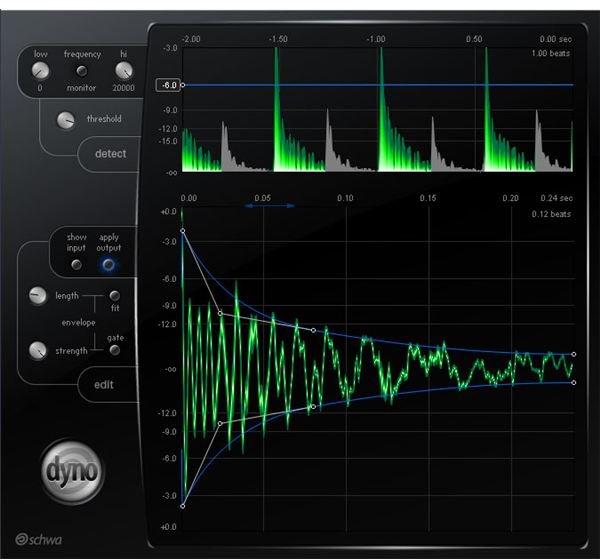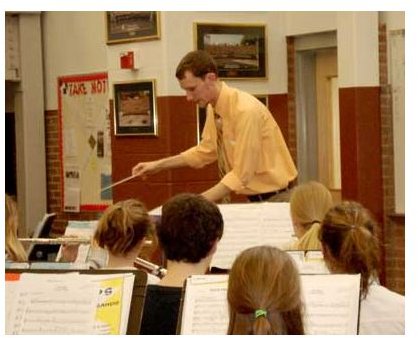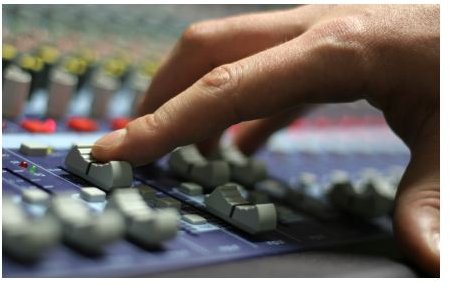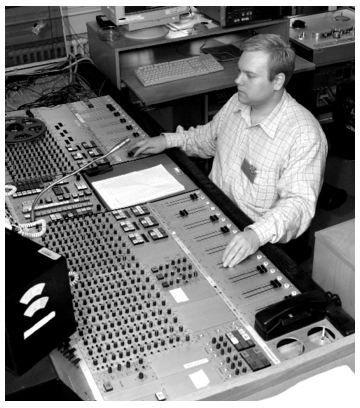Four Top Music Technology Jobs: Are You Qualified?
Music technology careers require creativity as well as technical skills. The courses required for different music technology jobs can vary, but the main courses in typical music technology schools usually cover:
- Acoustics
- Studio maintenance
- Computer music
- Multi-track digital recording
- Composition
- Audio production
- Sound designing
- Music Creation
As a music major, you will likely also be required to take more traditional music classes. They cover topics like music theory and arranging. In addition to a major, music technology schools offer a lot of opportunities for minor studies (such as computer science and digital media), which will make more music technology jobs available for a graduate to choose from.
Here is a brief look at 4 of the top music technology careers students can pursue upon graduation.
Studio engineering involves working with technical sound equipment in a studio to create audio recordings that are used for a variety of purposes (such as a music album). A studio usually has two rooms separated by sound proof glass; a sound proofed room where the recording happens, and a room with equipment for the studio engineer to capture and manipulate the recorded sounds. Studio engineers are responsible for setting up, maintaining and operating the equipment.
Image Credit: <em>Danish Broadcasting Corporation</em>
Sound Designing

Sound designers acquire and manipulate audio elements to create desired effects or moods in movies, music recordings, video games, theater, and live music performances. Think of a movie scene that takes place in a busy New York City Street. All of the background noise–cars and busses, people talking or yelling, and children crying–is added in by a sound designer to give a sense of realism. Without this sound, that scene would fall flat. Sound designers layer many different sounds together and blend them so they sound natural and not contrived. It is an art and many major award shows include a sound designing category. Charlie Richmond is one example of a notable sound designer who has made many innovations in his field.
Image Credit: <em>Tiny Pic.com</em>
Music Education

If you want to pass your knowledge along to the next generation of students seeking music technology careers, you may want to consider getting an advanced degree and go into music teaching. It can be a very rewarding experience. You do not necessarily have to give up your current job to do this; some teachers still hold other music technology careers while they teach.
Image Credit: <em>Music Education Colleges</em>
Mixing Engineer

A mixing engineer takes all of the tracks (voices, sounds, instruments, etc.) that have been recorded and mixes them together to make the final version of a recording. This takes quite a bit of creativity and an excellent ear as they have to balance all of the elements to achieve a good mix. When you are listening to a song on the radio, what you hear is largely the result of the work done by mixing engineer.
Other music technology careers that may interest you are event management, systems engineer, audio post engineer, live sound engineer, and recording engineer.
Image Credit: <em>iStockphoto.com</em>
